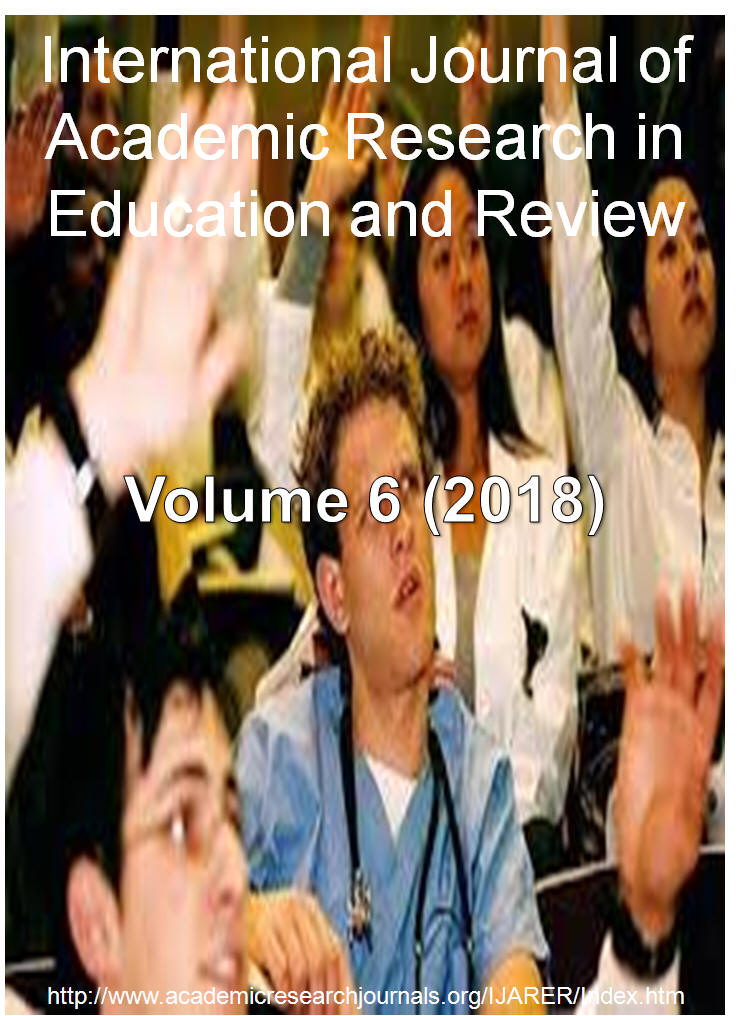| IJARER |
International
Journal of Academic Research in Education and Review |
||||||||||||||||||||||
|
International Journal of Academic Research in Education and Review Vol. 6(2), pp. 22-31. June, 2018. ISSN: 2360-7866 DOI: 10.14662/IJARER2018.020
Full Length Research
The Intertwined Relationship between Critical Thinking and English Proficiency: Evidence from Vietnam
Pham Ngoc Thinh
Ton Duc Thang University, Vietnam. E-mail: phamngocthinh@tdt.edu.vn
Accepted 16 May 2018-05-28
Thinking critically erects more formidable barriers for learners of English as a second language because they are required to not only think critically but also demonstrate their abilities in English. In case their English proficiency is deemed limited, they are depicted as manifesting lower levels of critical thinking competences. Despite being investigated in several contexts, few attempts have hitherto been made to examine the relationship between critical thinking and English proficiency in Confucian contexts because critical thinking is argued not to be valued in Confucian cultures. Therefore, this study is conducted with two objectives: (1) investigating such relationship in Vietnam where the influence of Confucianism can still be felt, and (2) exploring which specific aspects of critical thinking (i.e. arguments, deductions, assumptions, inferences, and interpretations) that Vietnamese students perform well and poorly. A sample of 40 undergraduates from three Vietnamese universities participated in the study by providing their results of International English Language Testing System (IELTS) as a means to evaluate their English proficiency and completing the Watson-Glaser Critical Thinking Appraisal. The quantitative analysis reveals that there is a positive and strong relationship between the participants’ level of English proficiency and their critical thinking abilities. Also, among the five sub-tests of critical thinking, the inferential and interpretative skills share the highest results whereas the other aspects (argument evaluation, deductive reasoning, and assumptions) are found to be the most difficult.
Key words: Critical Thinking, English Proficiency, Vietnamese undergraduates, Confucian cultures
Cite
This Article As:
Thinh PN (2018). The Intertwined Relationship between Critical Thinking
and English Proficiency: Evidence from Vietnam. Inter. J. Acad. Res.
Educ. Rev. 6(2): 22-31 |
|
|||||||||||||||||||||
